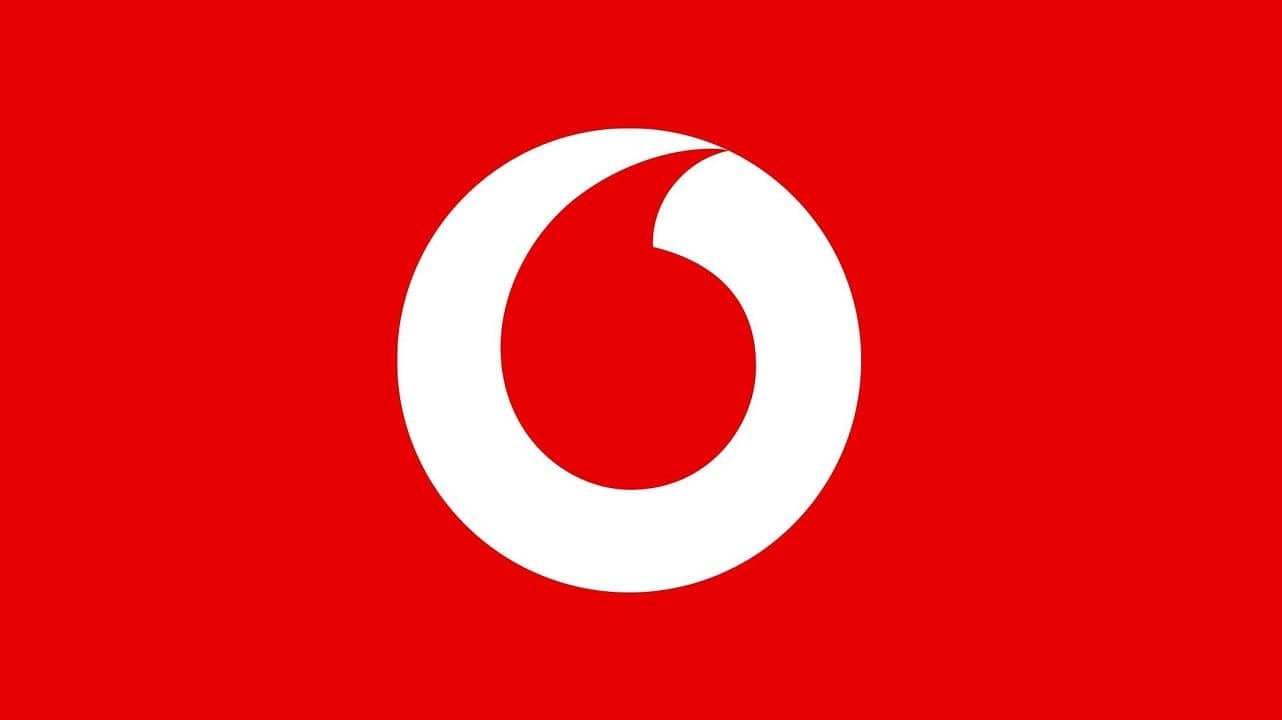- Vodacom reports that revenue for the year ending March 2025 was up 1.1 percent.
- While group service revenue declined by 0.1 percent, the company is primed to turn the corner on a tough few years.
- Driving that turn are a litany of financial services that are attracting customers consistently.
This morning Vodacom released its reviewed annual results for the year that ended in March 2025. Despite what the company describes as “significant foreign exchange headwinds”, it has come up smelling of roses.
Revenue across the group rose 1.1 percent to R152.2 billion despite group service revenue declining by 0.1 percent to R120.7 billion.
Drilling into the South African arm of the business, Vodacom reports service revenue grew 2.3 percent to R63 billion, driven by consumer contract, mobile prepaid data and beyond mobile services. Beyond mobile services is a catch-all term for digital and financial services, fixed-line connectivity and Internet of Things solutions. One aspect of that grouping that keep growing is financial services.
In South Africa alone, financial services revenue grew 7.9 percent to R3.4 billion alone. Across the various markets it operates, Vodacom’s financial services revenue increased 7.6 percent to R14 billion, representing a contribution of 11.6 percent to the telecommunication firm’s bottom line.
This was driven by Vodacom South Africa’s insurance product and increased use of VodaPay. A more robust M-Pesa product that offers savings, loans and offers from merchants also helped drive Vodacom’s fintech business, contributing 40 percent to M-Pesa revenue.
While Vodacom has had a rough go of things over the years given the turmoil faced by its Egyptian business, when normalising results and not taking into account the challenges faced, things are on the up, or at least they seem to be on the up.
“Recent currency market stability, particularly in Egypt, bodes well for the Group’s performance in the foreseeable future. So too does the resilient performance in South Africa and the outstanding, continued growth in Egypt and Tanzania. As one might expect, our businesses in Mozambique and DRC have been impacted by post-election tensions and conflict in eastern DRC respectively. With momentum behind peace efforts in both countries, we are hopeful of improved prospects into FY2026. We remain particularly encouraged by the strong performance in Egypt, which delivered a stellar 45.2% increase in local currency service revenue, buoyed by increased uptake of Vodafone Cash and the growing demand for mobile and fixed connectivity. With over 50 million customers and a significant improvement in net promoter scores, Egypt now accounts for 23.0% of Group service revenue. The return to currency stability is expected to underscore a more positive macroeconomic trajectory,” group chief executive officer at Vodacom, Shameel Joosub said in a statement.
Tomorrow’s big deal
With political and social tensions easing, business returning to normal and headwinds dying down, Vodacom is gearing up to move to the next phase, Vision 2030.
This builds on top of the efforts that formed part of Vision 2025 with a focus on:
- Empowering people, protecting the planet and maintaining trust
- Elevating Customer experience
- Innovating for growth
- Investing in strategic enablers for growth and efficiency
Over the medium term, from a business standpoint, Vodacom aims to grow group service revenue from the high-single digits to double digits.
“Over the past five years, we continued to invest significantly in infrastructure and expect to spend more than R20.0 billion in capital expenditure in the new financial year – reinforcing our commitment to connectivity, digital inclusion, and economic empowerment. We are particularly proud of our Tech for Good and purpose-led initiatives like m-mama, Code Like a Girl, Techstart and Je Suis Cap, which continue to transform lives across Africa, and have our sights firmly focused on upskilling one million young people to help bridge the digital skills gap,” says Joosub.
A major aspect of the success of the last year, according to Joosub, was diversification of Vodacom’s portfolio of businesses. While its mobile connectivity business remains its bread and butter, this is changing. We doubt that Vodacom will become a fully-fledged financial services provider and abandon its core business but, every step it takes in that direction is sure to increase its bottom line and drive greater investment in that regard.

